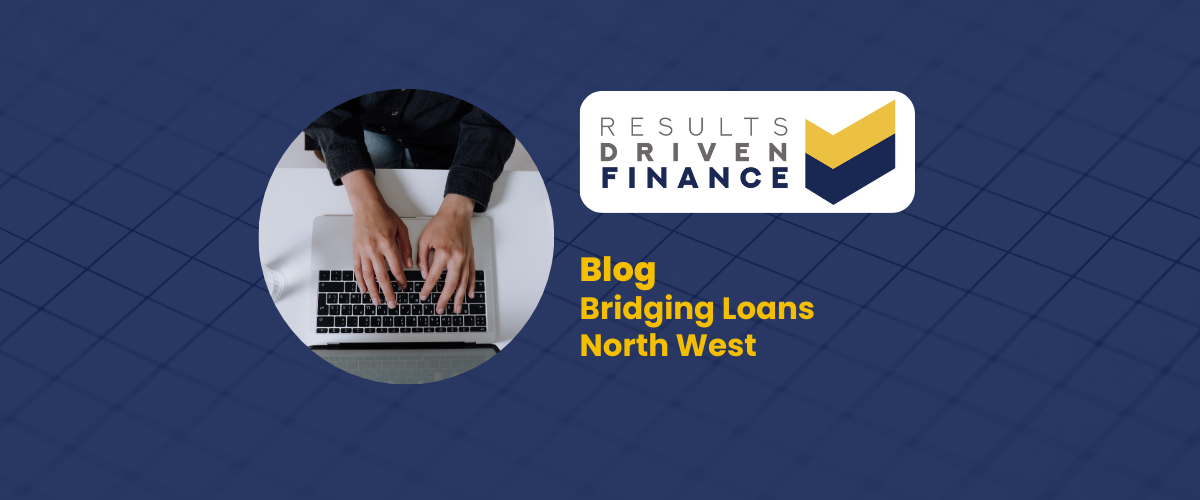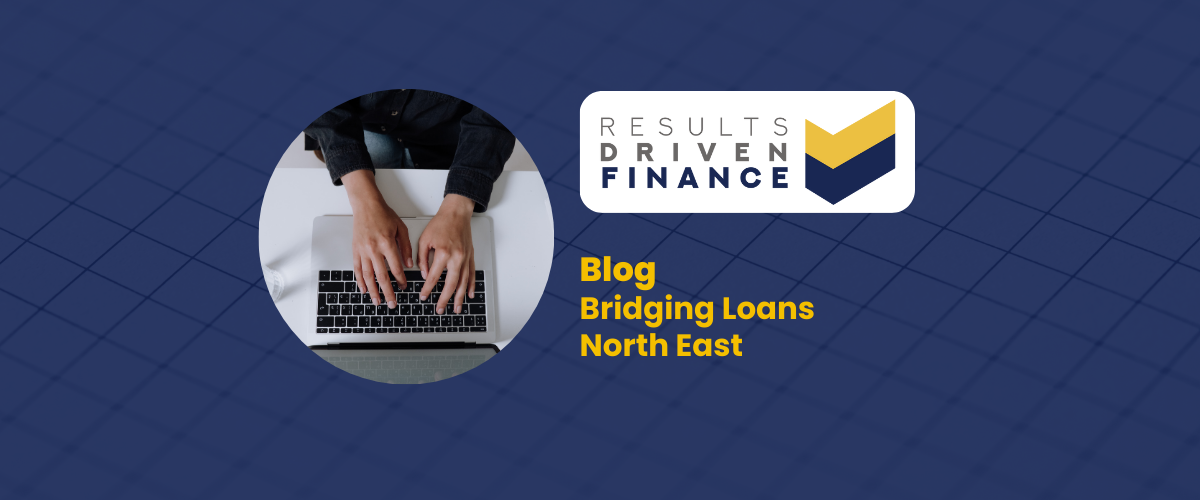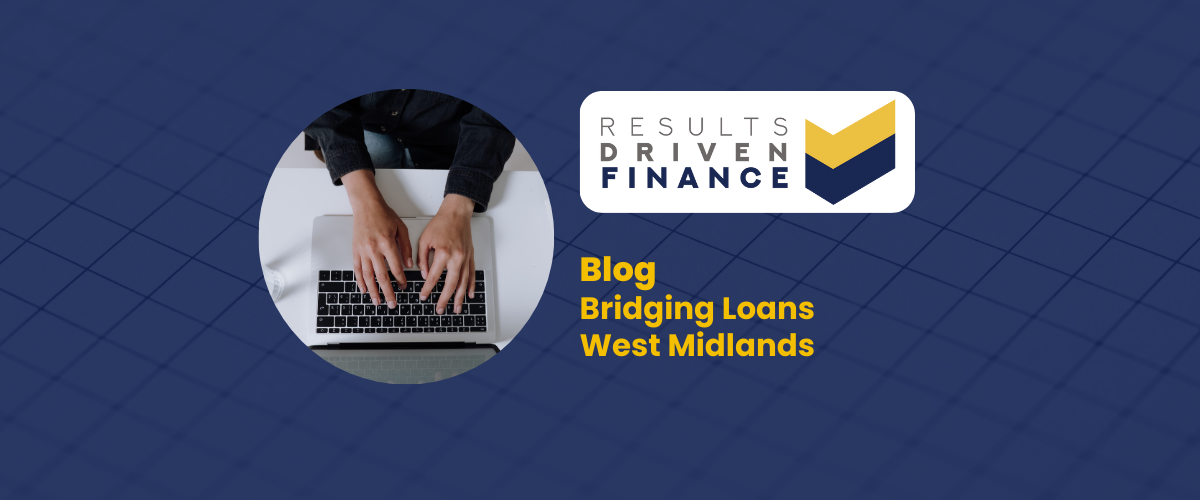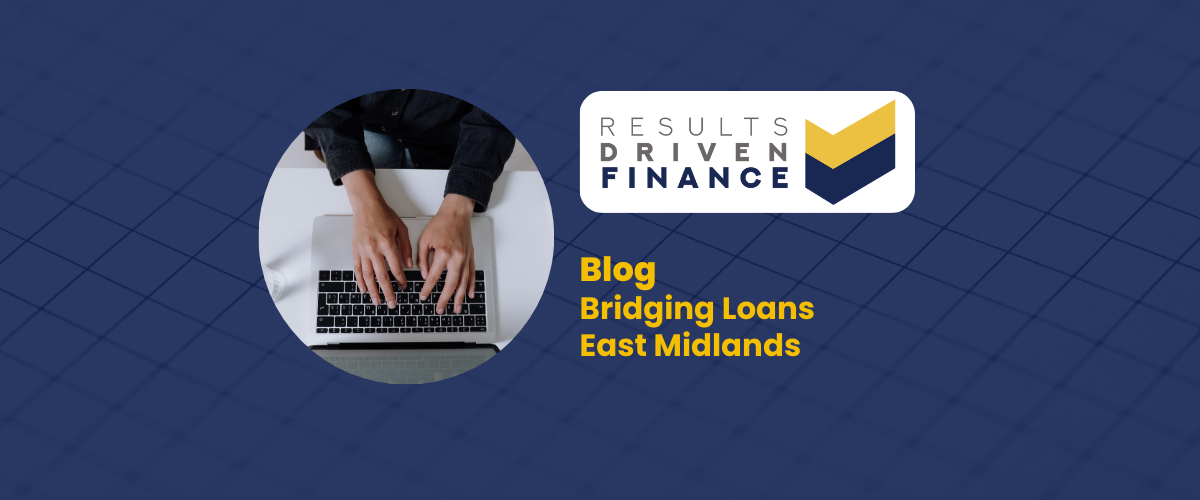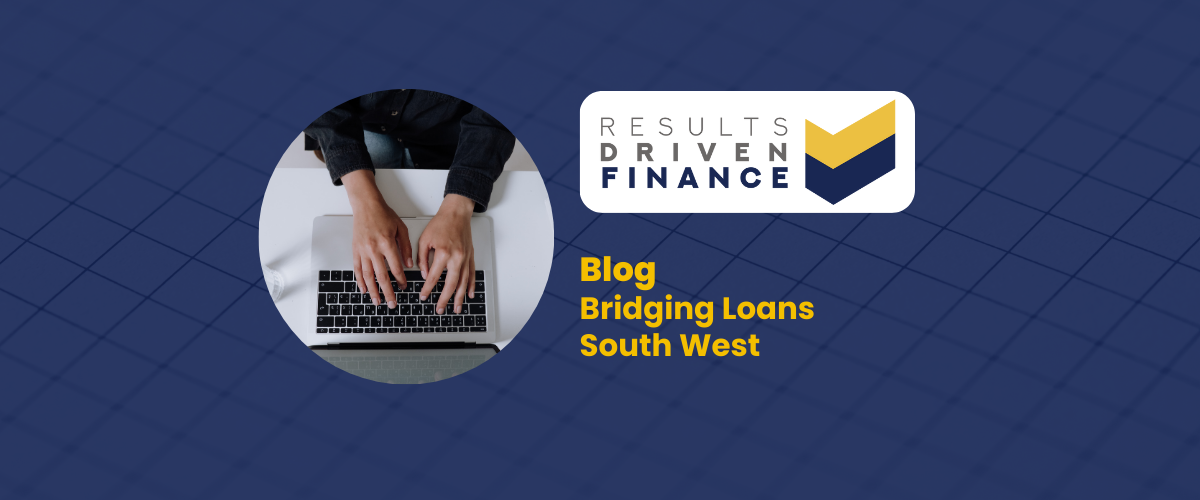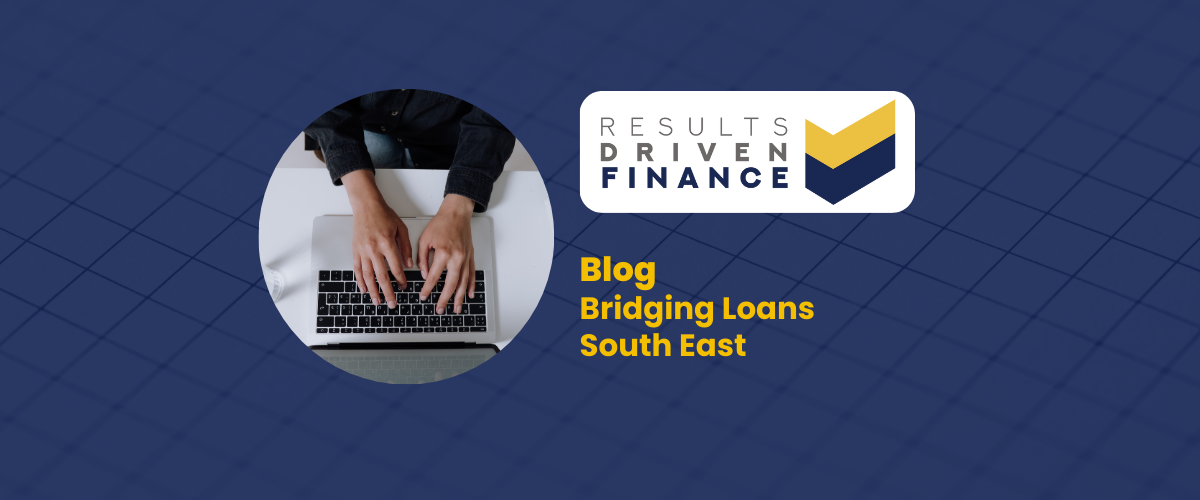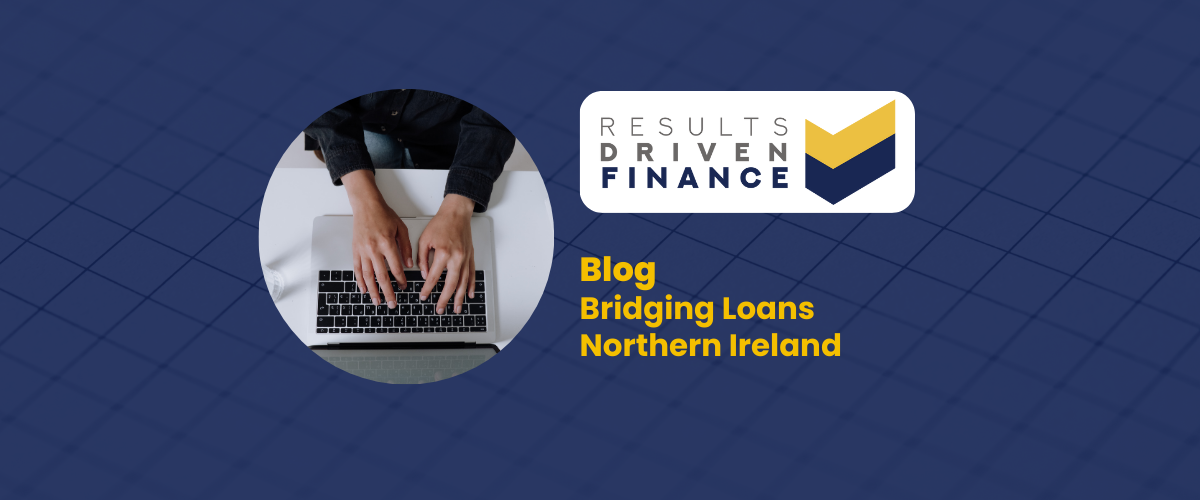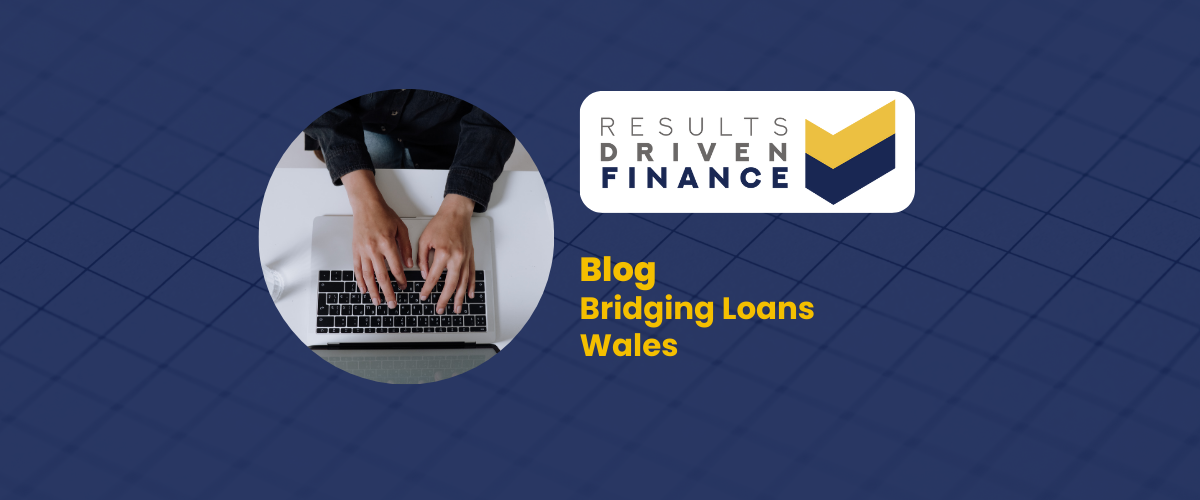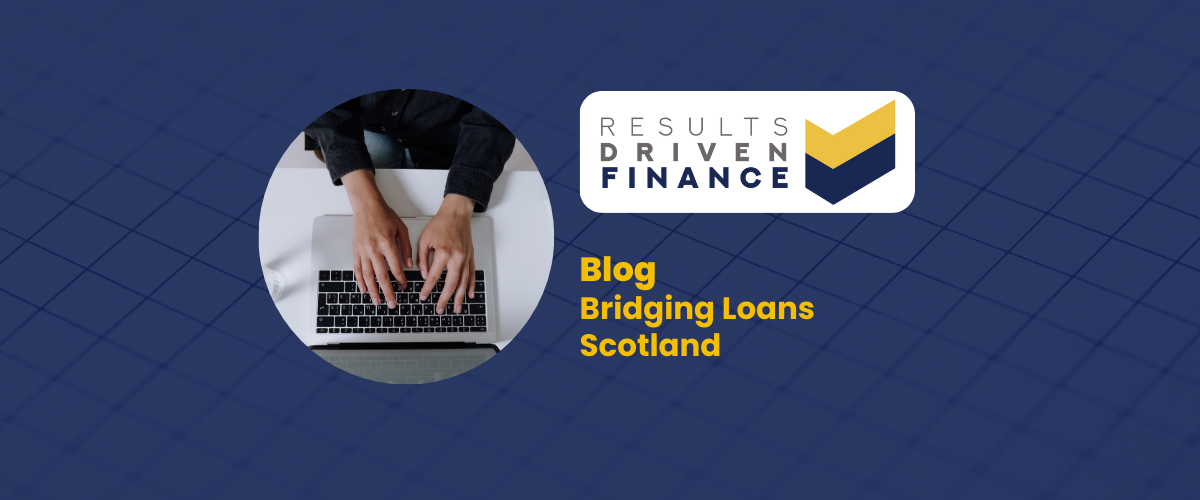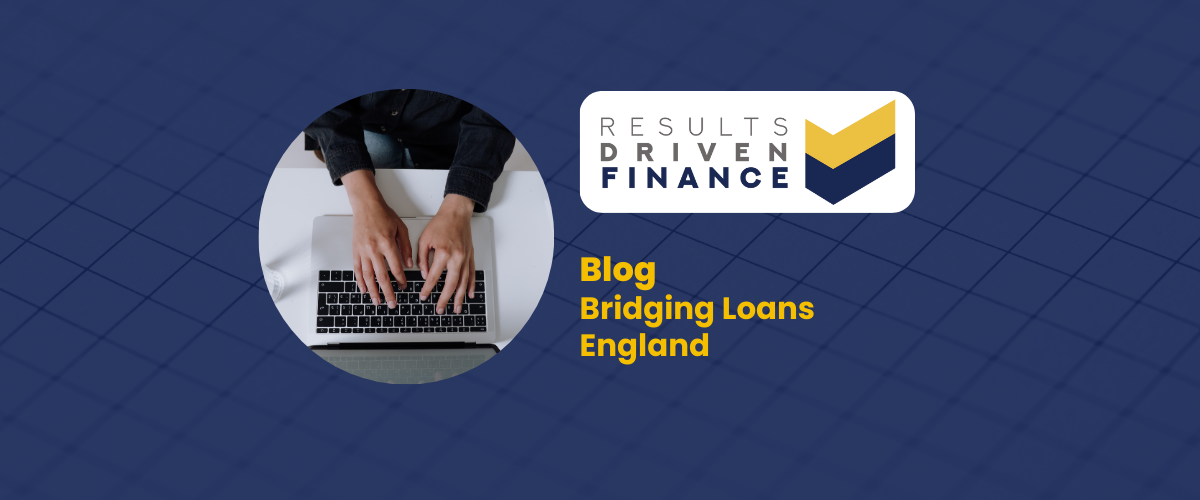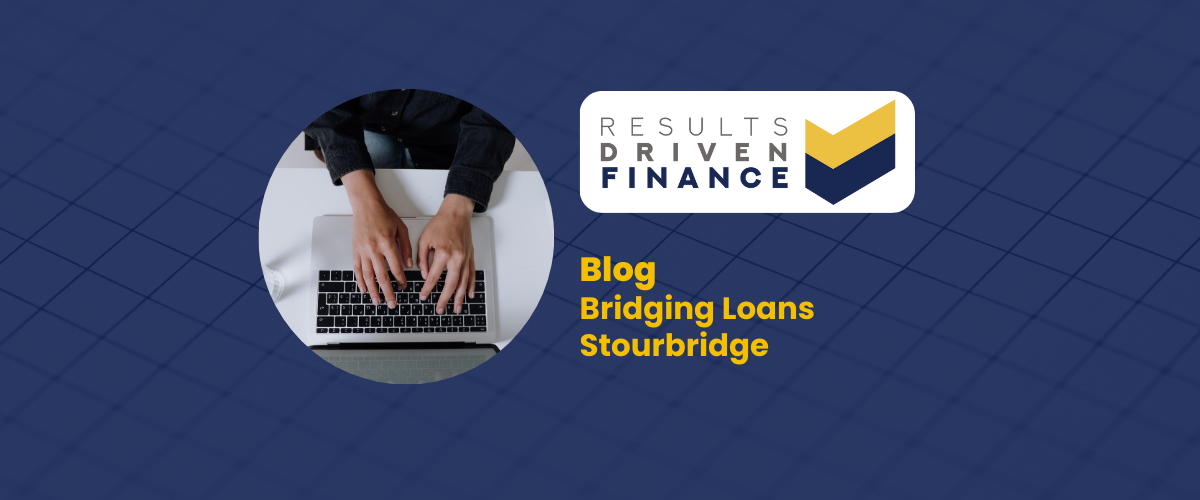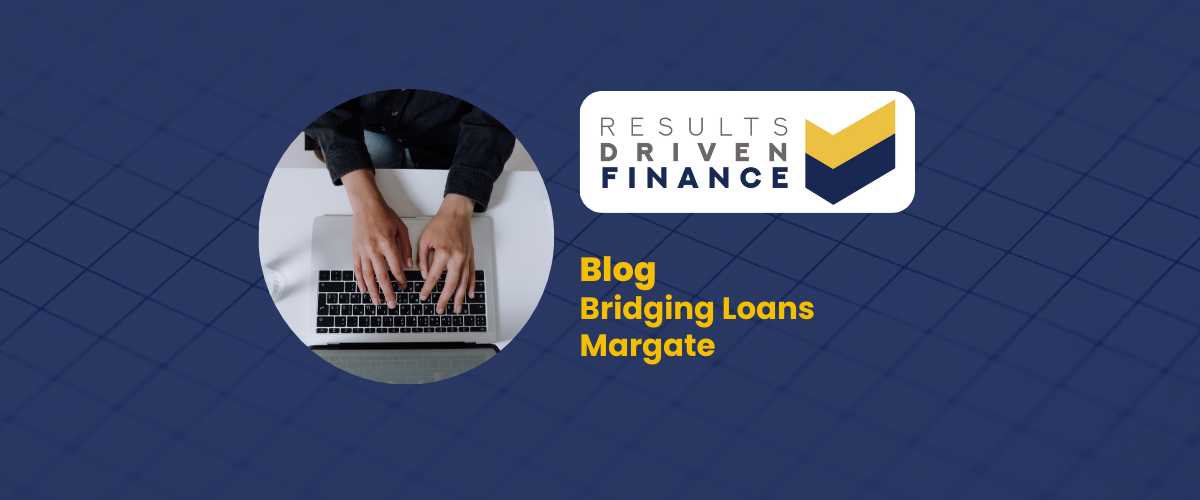Commercial Mortgages
What does it really mean for you and your enterprise? Delving into the world of commercial mortgages can be akin to navigating a maze, especially if you’re stepping into it for the first time. However, fear not. This guide is here to shed light on the intricacies of commercial mortgages, ensuring you’re well-equipped to make informed decisions for your business.

What is a Commercial Mortgage?
While many have heard the term “commercial mortgage”, not everyone truly grasps its essence. Let’s unravel this mystery.
Definition and Overview
At its core, a commercial mortgage is a loan secured against a property that’s primarily used for business purposes. Unlike your typical residential mortgage, where you might secure a loan for your dream home, commercial mortgages cater to the needs of businesses. This could be for purchasing a new office space, expanding current premises, or even acquiring a plot for development. In essence, it’s the financial backbone for many business property ventures.
How Commercial Mortgages Work
Diving a bit deeper, let’s explore the mechanics of commercial mortgages:
Initiation: First and foremost, a business expresses interest in acquiring a property and approaches a lender.
Assessment: The lender then assesses the viability of the loan, scrutinizing the business’s financial health, the property’s value, and potential rental income (if applicable).
Agreement: Once satisfied, the lender agrees to provide the loan, but here’s the catch – typically, commercial mortgages cover only up to 70-75% of the property’s value. The business must front the rest.
Repayment: Like any loan, the business then repays the borrowed amount over a set period, with interest. The property acts as collateral, meaning if the business defaults, the lender can take ownership.
Key Features of Commercial Mortgages
Now, what sets commercial mortgages apart? Here are some standout features:
Flexible Duration: Commercial mortgages can range anywhere from a few years to a few decades, offering businesses flexibility in repayment.
Interest Rates: These can be fixed or variable. Fixed rates provide stability, ensuring monthly repayments remain constant. Variable rates, on the other hand, fluctuate based on market conditions.
Early Repayment: Some commercial mortgages allow businesses to repay their loan early, potentially saving on interest. However, this might come with an early repayment charge.
Loan-to-Value (LTV): This is the ratio of the loan amount to the property’s value. As mentioned earlier, most lenders offer up to 70-75% LTV, but this can vary.
In the world of business property finance, commercial mortgages stand tall as a popular choice. Whether you’re a seasoned business magnate or a budding entrepreneur, understanding commercial mortgages is crucial. As we delve deeper into this topic, you’ll discover more about the benefits, potential pitfalls, and best practices surrounding commercial mortgages. Stay tuned!
Asset Ownership
One of the primary reasons companies opt for commercial mortgages is to own the property. Ownership provides businesses with a tangible asset that can appreciate over time, potentially increasing the company’s net worth and equity.
Tax Benefits
Interest payments on commercial mortgages are typically tax-deductible for businesses. This can lead to significant tax savings. Additionally, owning property can offer depreciation benefits, which can further reduce taxable income.
Fixed Costs
With a fixed-rate commercial mortgage, companies can stabilise one of their most significant expenses: their facility or location cost. This predictability in monthly payments allows for more accurate financial forecasting and budgeting.
Capital Appreciation
Real estate often appreciates over time. By owning a commercial property through a mortgage, companies can benefit from this appreciation, which can be realised if they decide to sell the property in the future.
Flexibility and Control
Owning the property gives businesses the flexibility to modify or renovate the space to fit their needs without seeking a landlord’s approval. This can be crucial for companies that need specific modifications for their operations or want to enhance the property’s value.
Types of Commercial Mortgages
Diving deeper into the realm of commercial mortgages, it’s essential to understand that not all commercial mortgages are created equal. Oh no, there’s a variety to choose from, each tailored to specific business needs. Let’s embark on a journey to explore these types.
Owner-Occupied Commercial Mortgage
This type of commercial mortgage is for businesses looking to buy or refinance a property they’ll operate from. Think of it as a home for your business:
Purpose: Ideal for businesses that want to own the premises they operate from.
Benefits: Offers stability, as businesses aren’t subject to rent hikes or landlord disputes.
Example: A local bakery wanting to purchase the shop they’ve been renting.
Commercial Buy-to-Let Mortgage
A tad different from the owner-occupied type, this commercial mortgage is for those looking to invest:
Purpose: For businesses or individuals wanting to buy commercial property to rent out.
Benefits: Potential for rental income and property appreciation.
Example: An entrepreneur purchasing office space to lease to other businesses.
Residential Buy-to-Let Mortgage
Venturing into the residential realm, this mortgage is a blend of commercial and residential:
Purpose: Aimed at businesses or individuals buying residential property to rent out.
Benefits: Steady rental income, especially in high-demand residential areas.
Example: A property firm buying apartments to lease to tenants.

Advantages and Disadvantages
Let’s weigh the benefits and potential pitfalls of commercial mortgages.
What are the Advantages of Using Commercial Mortgages?
Dipping your toes into the world of commercial mortgages comes with its perks:
Capital Growth: Over time, the property’s value might increase, boosting your business’s assets.
Stability: Say goodbye to unpredictable rent hikes. With a fixed-rate commercial mortgage, monthly payments remain consistent.
Key Considerations and Application Process
Before diving headfirst into the commercial mortgage pool, it’s wise to test the waters.
Is Using Commercial Mortgages a Good Idea?
Well, it depends on your business’s needs and financial health. While commercial mortgages offer stability and potential capital growth, they also come with responsibilities and risks.
Key Considerations When Using Commercial Mortgages
When pondering commercial mortgages, keep these in mind:
Financial Health: Ensure your business is in a strong financial position to manage monthly repayments.
Future Plans: Consider your business’s long-term goals. Will the property suit your needs in the coming years?
Market Research: Understand the property market trends in your desired location.
How to Apply for a Commercial Mortgage
Ready to take the plunge? Here’s a step-by-step guide:
Research: Identify potential lenders, comparing their terms and rates.
Documentation: Gather essential documents, including business financial statements and property details.
Application: Submit your application, ensuring all details are accurate.
Assessment: The lender will assess your application, considering your business’s financial health and the property’s value.
Approval: If all goes well, you’ll receive an offer detailing the loan terms.
Eligibility Criteria for Commercial Mortgages
While criteria can vary between lenders, common requirements include:
Solid Business Financials: Lenders want assurance that your business can manage repayments.
Good Credit History: A strong credit score can boost your chances of approval.
Property Value: The property’s value plays a crucial role in determining the loan amount.
Embarking on the commercial mortgage journey can be both exciting and daunting. However, with the right knowledge and preparation, it can pave the way for business growth and success. Onward and upward!
Flexibility: Some commercial mortgages offer flexible repayment terms, catering to your business’s financial ebbs and flows.
What are the Disadvantages of Using Commercial Mortgages?
However, it’s not all sunshine and rainbows:
Upfront Costs: Initial down payments can be hefty, potentially straining your business’s finances.
Interest Rate Fluctuations: If you opt for a variable rate, monthly repayments can fluctuate, making budgeting a tad tricky.
Property Depreciation: If the property’s value decreases, it could impact your return on investment.

When venturing into this realm, it’s not just about the property or the dream of expanding your business. No, it’s also about the numbers. Let’s delve into the financial intricacies that accompany commercial mortgages.
Commercial Mortgage Rates
Now, when we talk about commercial mortgage rates, we’re essentially referring to the interest you’ll pay on your loan. But, as with many things in life, it’s not quite that simple:
Fixed Rates: These are, well, fixed. This means you’ll pay the same interest rate throughout the agreed term. Stability is the name of the game here.
Variable Rates: These rates, on the other hand, are a tad more unpredictable. They fluctuate based on market conditions. One day they’re up, the next they’re down. It’s a bit of a rollercoaster.
Commercial Mortgage Fees
Beyond the interest, there are other costs to consider. Oh yes, the world of commercial mortgages comes with its fair share of fees:
Arrangement Fees: These are charged by the lender for, well, arranging the mortgage. Think of it as a setup fee.
Valuation Fees: Before lending you a penny, the lender will want to know the property’s worth. This valuation comes at a cost.
Early Repayment Charges: Decided to pay off your mortgage early? Great! But, there might be a fee for that.
Interest Rates and Their Impact
Interest rates aren’t just numbers. They have a tangible impact on your commercial mortgage journey:
Monthly Repayments: A higher interest rate means higher monthly repayments. It’s as simple as that.
Total Loan Cost: Over the term of the loan, even a slight increase in the interest rate can significantly bump up the total cost.
Business Planning: Fluctuating interest rates can make budgeting and forecasting a tad challenging.
Commercial Mortgage Lenders
Alright, now that we’ve got the rates and fees down, let’s talk about the folks who’ll be lending you the money.
High Street Bank Commercial Mortgages
The big players. These are the names you’ve likely heard of, the banks that line our high streets:
Pros: Established reputation, potentially offering a sense of security.
Cons: Might be more rigid in their lending criteria. Not always the most flexible.
Challenger Banks and Commercial Mortgages
The new kids on the block. Challenger banks are giving the traditional banks a run for their money:
Pros: Often more flexible and willing to take on riskier ventures.
Cons: They might not have the long-standing reputation of high street banks.
Niche and Specialist Lenders
For those unique, out-of-the-box commercial mortgage needs, niche lenders are here to save the day:
Pros: Tailored solutions for specific needs. Think of them as the bespoke tailors of the commercial mortgage world.
Cons: Might come with higher rates due to the specialised nature of the loan.
Whether you opt for the tried-and-tested high street banks, the innovative challenger banks, or the tailored niche lenders, the key is to find the one that aligns with your business’s needs and aspirations. Happy hunting!
Make an Enquiry about Results Driven Marketing
If you’re seeking commercial mortgages tailored to your business needs, you’ve come to the right place. Our team of experts is dedicated to providing the best solutions for your commercial property financing.

Frequently Asked Questions
A question as old as time (or at least as old as commercial mortgages). Typically, lenders offer up to 70-75% of the property’s value. However, this can vary based on the lender and your business’s financial health.
At their core, both are loans secured against a property. The key difference? Purpose. Residential mortgages are for homes, while commercial mortgages, you guessed it, are for business properties.
While we’ve touched on some common fees earlier, it’s essential to read the fine print. Some lenders might charge additional fees for services like early repayment or account management.
Patience is a virtue, especially when applying for a commercial mortgage. The process can take anywhere from a few weeks to a few months, depending on the lender and the complexity of your application.
Refinancing allows you to replace your existing mortgage with a new one, potentially with better terms or a lower interest rate. It’s a way to rejig your finances, ensuring your commercial mortgage aligns with your business’s evolving needs.

